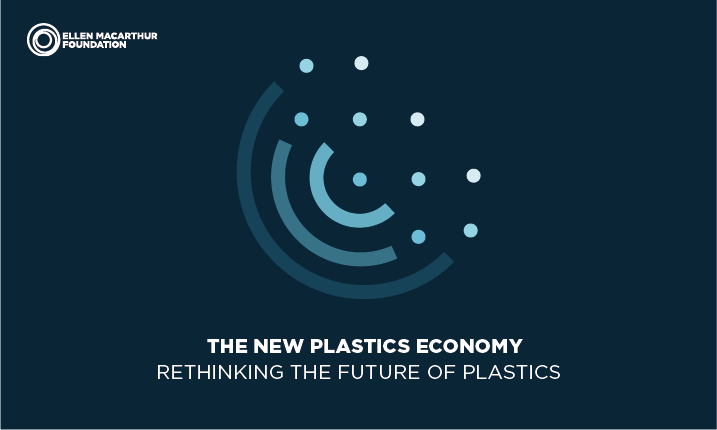Towards A Circular Economy
the Bag-it Man of discarded plastic bags (credit: MountainFilm & SWP Media)
Plastic trash is a massive pollution scourge. True to the definition, the volume of waste is 'causing great suffering' to cities, landscapes, and our oceans. It is of particular threat to marine life where vast gyres of discarded plastics have developed. The materials in these gyres range in size from microscopic bits, that can enter the food-chain, to floating masses of plastic bags, bottles, and toys.
Plastics are manufactured from hydrocarbons and petrochemicals that can survive for decades, if not longer, without deteriorating. A study, The New Plastics Economy: Rethinking the Future of Plastics by the Ellen Macarthur Foundation, offers a blueprint for designing a more sustainable future economy and protect the environment. The UK-based non-profit organization utilized circular economy principles to investigate global plastic supply-chain flow. They offered new approaches that could be adjusted to current economies that drastically reduces environmental externalities from discarded waste. Several of their key findings included:
1. most plastic packaging is used only once; 2. 95% of the value of plastic packaging, worth $80-120 billion annually, is lost to the economy; 3. discarded packaging generates negative externalities to marine environments, wildlife, and fisheries conservatively valued at $40 billion; 4. recycling efforts account for only 2% of currently discarded plastics; and 5. under existing rates of plastic consumption, the oceans would contain more plastics (in weight) than fish by 2050.
They also offered suggestions for building a more sustainable future by including innovative technological moon shots to create this new economy. The opportunity for new jobs is as large as the environmental problem itself.

Technological Innovations for Plastics "Moon Shots" (credit: Macarthur Foundation)
The entire Macarthur report is available here. WHB